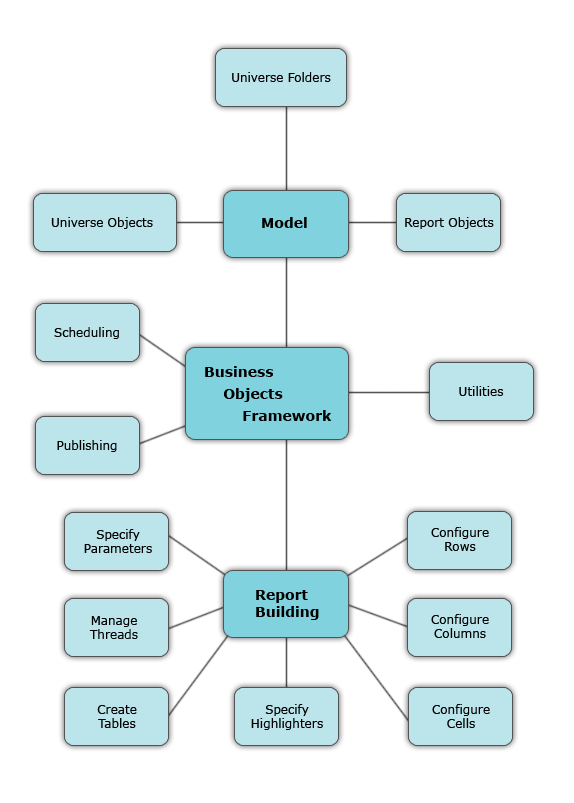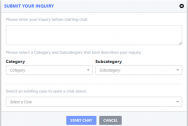Benefits of the LBi Software Framework
At LBi Software, we have developed two distinct web application frameworks to support our suite of both custom and packaged solutions.
LBi Web Application Framework
The LBi Custom Web Application Framework allows LBi to quickly develop flexible data driven applications to meet the customer’s needs and is easily adaptable to future changes. The framework supports the separation of logic and processing between front-end display, data storage and business logic processing. This is referred to as the MVC (Model View Controller) design pattern.
Model represents the data; this is maintained separately from the actual underlying database structure. The abstraction from the actual database design allows updates to table layouts and optimization of data access methods without impacting the function of the system.
View represents the display and update of the pages; keeping this separate from the back end processing allows screens to be customized without affecting the business logic. This also eases the possible future incorporation of a separate display type (e.g., mobile devices).
Controller represents the flow of screens and the business logic processing; having this separate keeps the business logic in a single place. This allows for easy updates to business rules without impacting the rest of the system.
The controller level incorporates what we refer to as an “event handling” infrastructure. Events act as messages – they originate in the front end, as a user makes a request. The event is passed to the business logic layer, or “services” layer, of the application. Here, rule checks, database updates, and other pieces of business logic are performed. Then, an event response is sent back to the controller to update the model and view accordingly.
LBi Business Objects Framework
In order to facilitate the implementation of Business Intelligence (BI) through the use of Business Objects (BO) into web applications, we have also created a custom Business Objects framework.
This framework encapsulates many of the most powerful and often used features of Business Objects. By building on the existing Business Objects SDKs, we are able to use the framework to rapidly deliver BO solutions without the need to “reinvent the wheel” with each new application. The framework combines functions from many of Business Objects’ offerings into a single package which can be leveraged by web applications to provide BI tools to end users.
The BO framework allows for quick and easy access to SDK features that are most commonly needed in integrating a web application with Business Objects.
Direct Access to the BO Session is provided by automatically connecting a user to BO “behind the scenes” when they enter the web application. Access to the BO session is needed to perform virtually any operation.
Custom Reporting is enabled by exposing the key pieces of the BO SDK which allow for the generation of Web Intelligence reports directly from application code. This powerful feature allows developers to create rich and highly dynamic reports, eliminating the need to create pre-defined “templates”. Instead, reports can be driven off user input at runtime.
Access to BO Universes provides web developers with a way to access the BO data model and provide end users with powerful tools such as ad-hoc reporting and dynamic querying. This level of access to the Business Objects universe is designed to provide your everyday application users with the ability to run complex queries without having to understand the complexity behind the scenes.
Scheduling and Publishing allows users to schedule reports to run at predetermined intervals with chosen parameters. Publishing allows these reports to be automatically delivered to desired recipients.
In summary, the use of our frameworks allows LBi to rapidly develop rich business applications by leveraging pre-written code for common services.






What’s up, after reading this awesome article
i am also glad to share my knowledge here with colleagues.